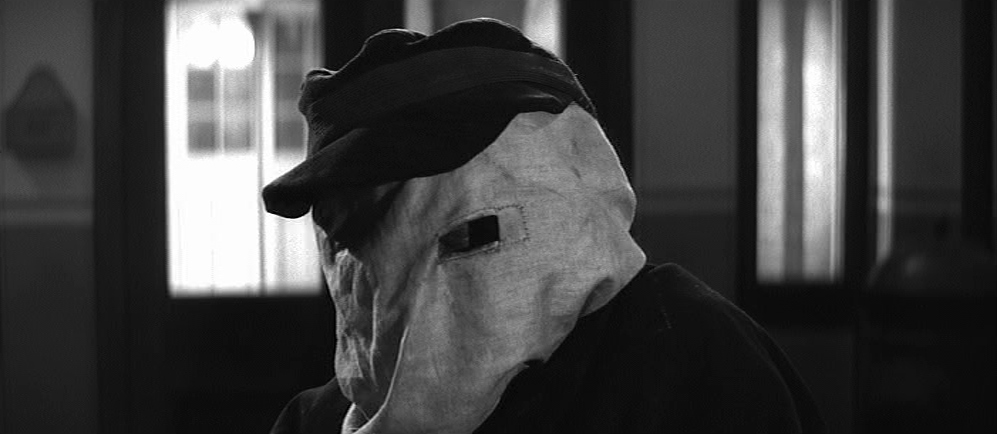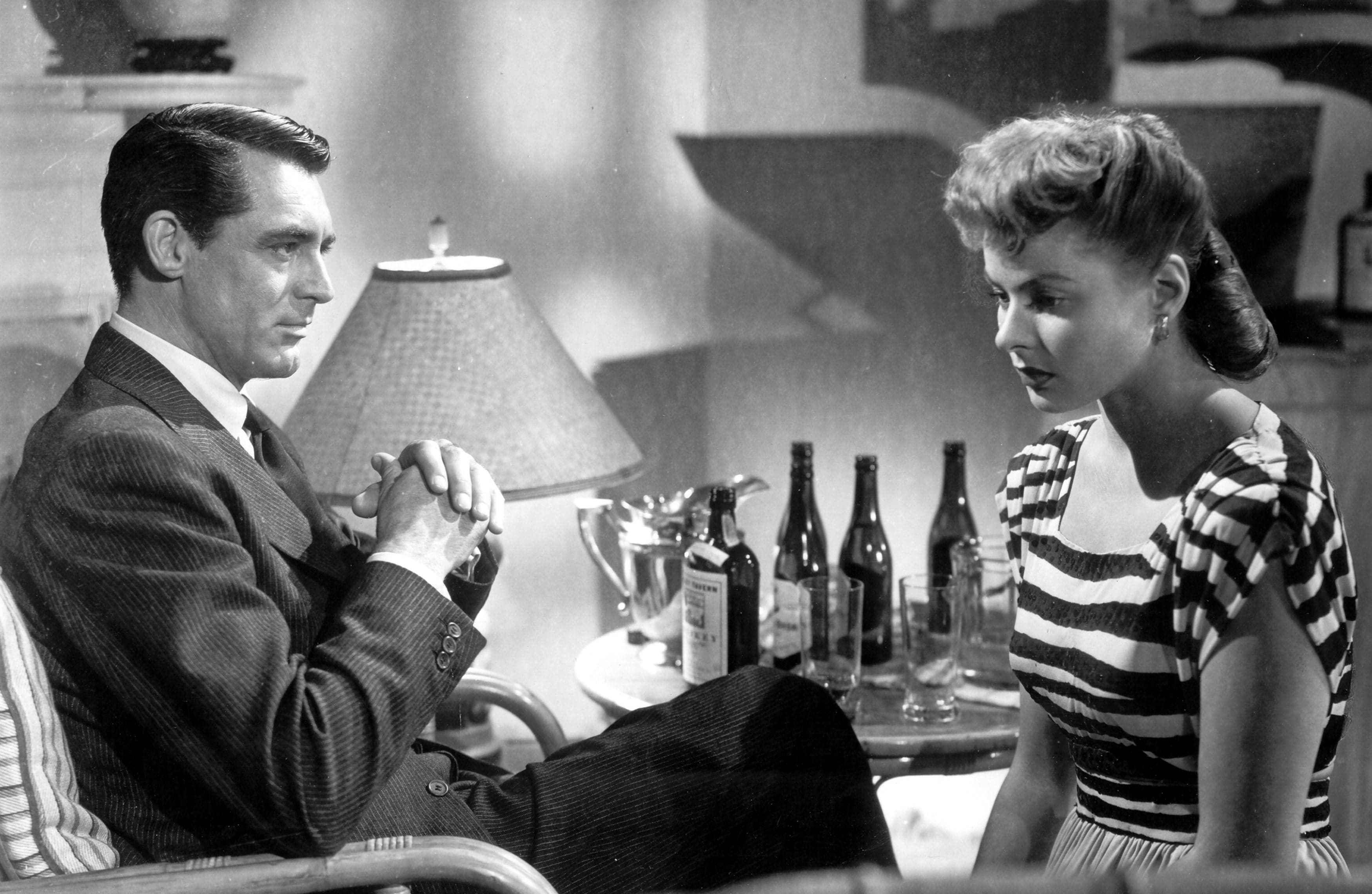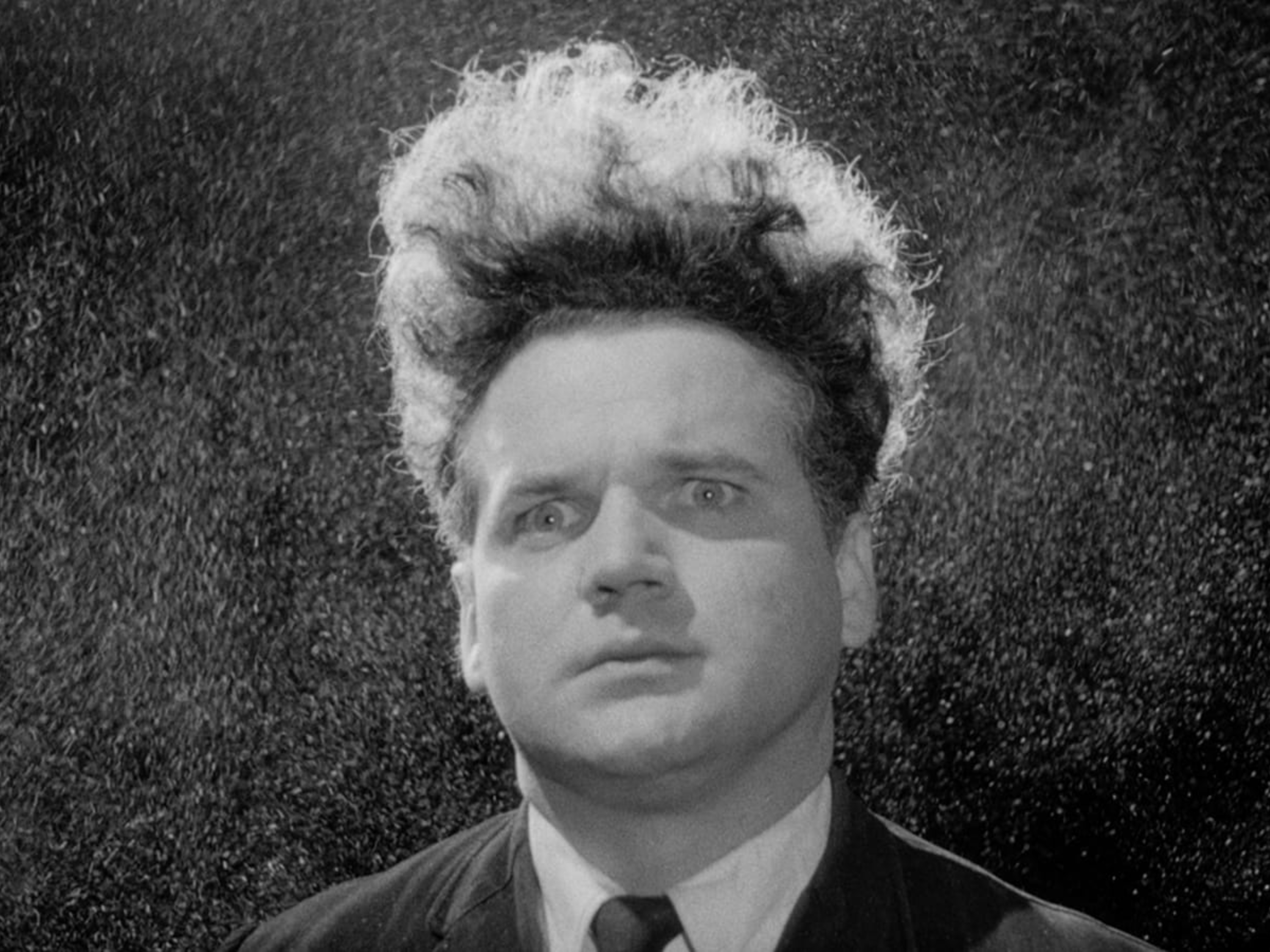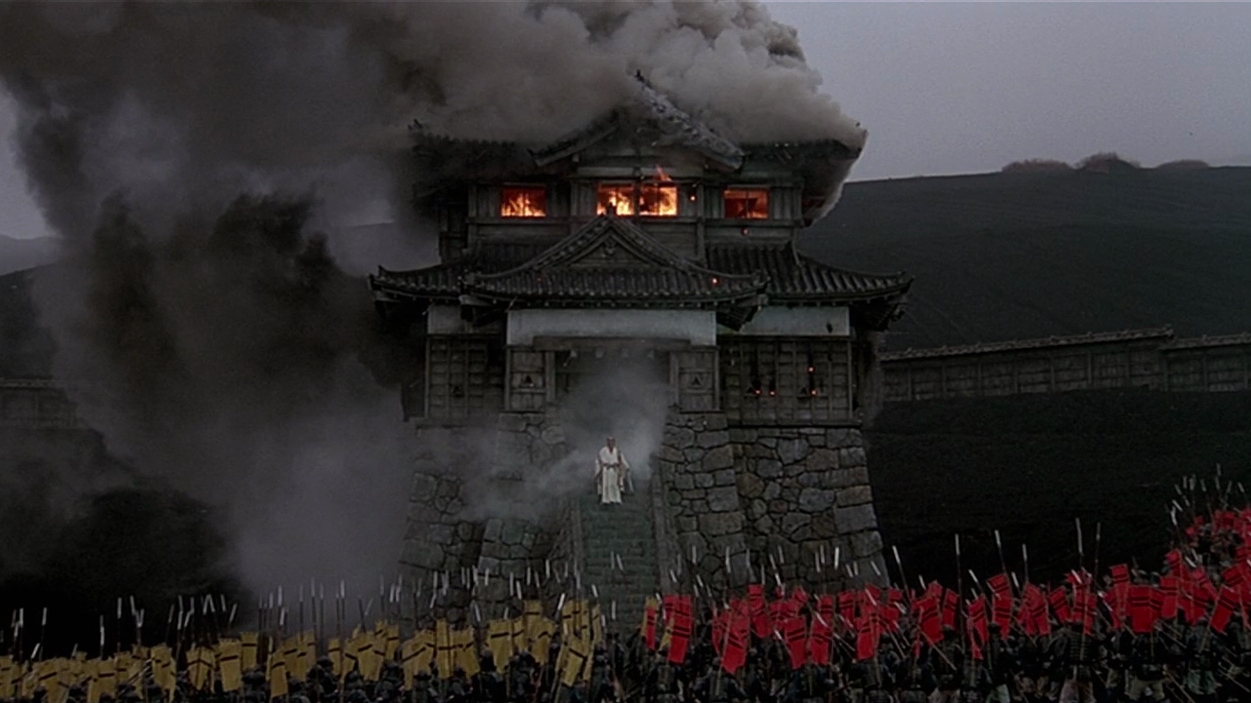-

The Elephant Man (1980)
At first glance, The Elephant Man does not hold to David Lynch’s usual trademark of dreamlike narrative structures, and yet a dark thread of surrealism nevertheless emerges in this gorgeously photographed biopic of the severely deformed John Merrick, locating the true key to his dignified self-acceptance through the hypnotic landscape of his own mind.
-

The Touch (1971)
The Touch may be one of Ingmar Bergman’s plainer stylistic efforts, but his wielding of theological symbolism to interrogate a broken love triangle is deft, bitterly driving the Madonna’s degraded image and a tainted Garden of Eden between his doomed lovers.
-

Notorious (1946)
There is remarkable dramatic tension in Notorious’ thickly plotted conflict of romance and thriller conventions that tugs a pair of post-war spies between deep passion and cold pragmatism, but through his motifs of seemingly innocuous refreshments Alfred Hitchcock also develops an even more intricate formal structure, containing darker secrets within them than one might expect.
-

Eraserhead (1977)
Within Eraserhead’s nightmares of mutant babies and urban isolation, it is the psychological impression of its surreal imagery which carries far more impact than any attempts to derive its literal meaning, as David Lynch mystifyingly manifests the dark subconscious of one young father existentially terrified of parenthood.
-

Ran (1985)
For all of Akira Kurosawa’s jaw-dropping historical battles staged with colourful splendour and imposing characters that fill out Ran’s immense narrative, at its core is a seething bitterness towards humanity’s existential isolation, propelling the dramatic power struggles between three jealous brothers in feudal Japan.

